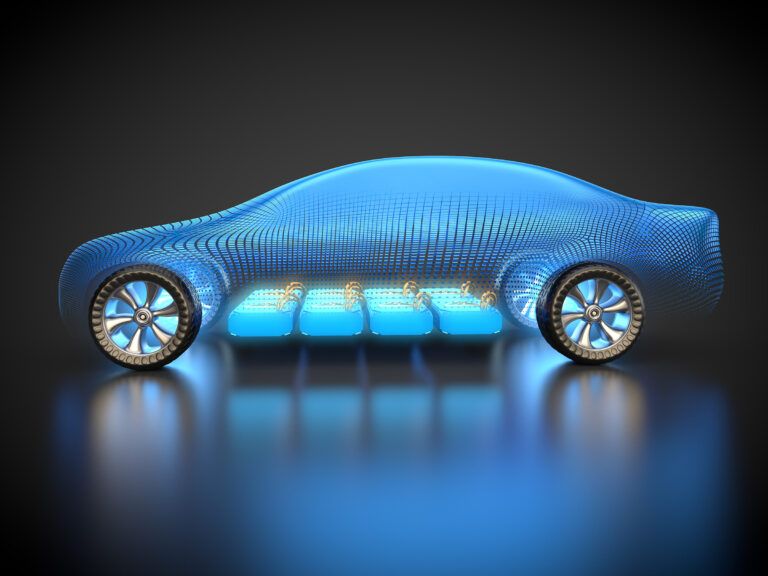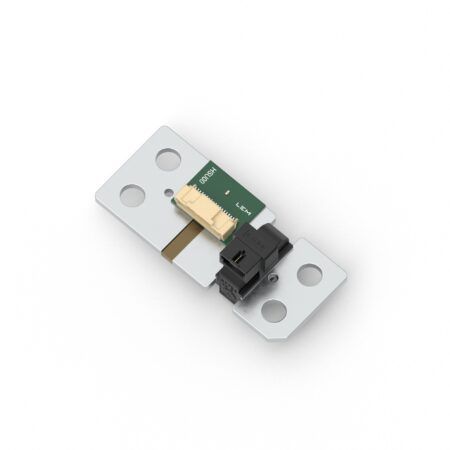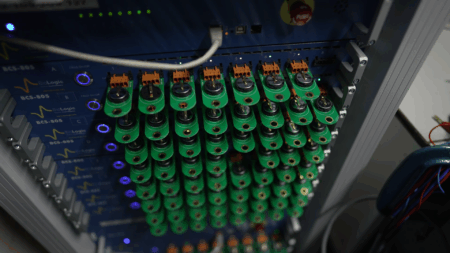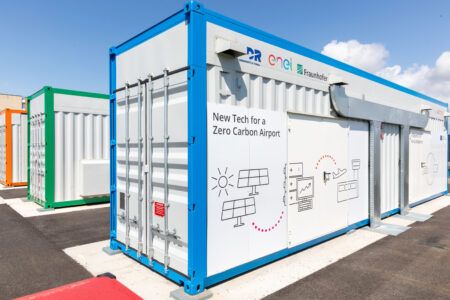A new partnership between Eatron Technologies and WMG has been formed for the COBRA (Cloud/Onboard Battery Remaining useful life Algorithm) project, thanks to the funding from the Faraday Battery Challenge.
The COBRA project will create new algorithms which will estimate the Remaining Useful Life (RUL) in an Electric Vehicle (EV) battery, and could contribute to the UK becoming a supplier of the most advanced Battery Management Systems (BMS) in the world.
The innovation of project COBRA comes from combining advanced battery ageing models developed by WMG with Eatron Technologies’ own machine-learning-based approach to Remaining Useful Life (RUL) estimation from existing internal R&D work.
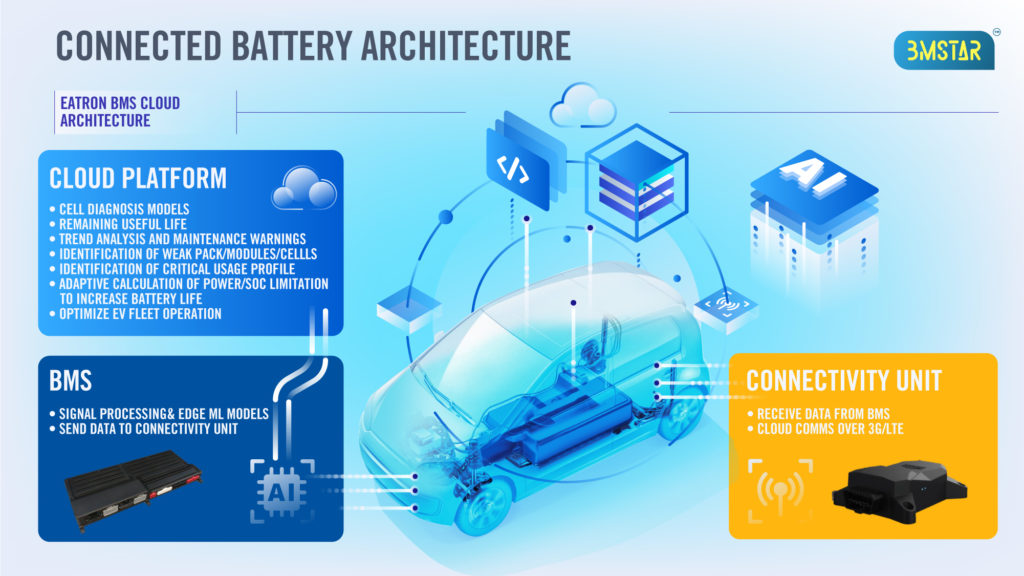
The technology has been refined to a level of usability, reliability, and maturity that gives battery manufacturers and integrators the confidence required to enable mass adoption.
Undertaken by a team of highly experienced engineers with a track record of delivering state-of-the-art software and system solutions for electrification projects with the automotive sector, project COBRA will:
· Develop a unified physics and machine-learning-based approach for battery RUL estimation with high accuracy of over 90%.
· Integrate a developed solution in automotive-grade BMS hardware.
· Integrate a solution into cloud-based platforms for fleet operation services.
The funding from the Faraday Battery Challenge enables lead partner Eatron Technologies to put the UK on the map as a global leader in the design, development, and manufacture of batteries for electric vehicles. The COBRA project offers the opportunity to be first-to-market with an accurate RUL algorithm that can be implemented in a real-world BMS.
As part of project COBRA, Eatron Technologies is currently developing and integrating advanced battery diagnostics algorithms for its next generation of BMS and cloud-based battery analytics; it’s expected that these will deliver significantly higher value both to battery manufacturers and integrators as well as electric vehicle Original Equipment Manufacturers (OEMs), UPS suppliers, and other providers of off-highway applications.
In terms of the usefulness of these technologies, the possibilities offered by project include: predicting the RUL of a lithium battery under real-world operating conditions, COBRA technology will work with both off-board fleet data analysis and on board vehicle data while integrating with the BMS and guide battery manufacturers and their cell suppliers.
All of this can be used to track and assess the real-life fleet performance of batteries during product validation and post-production phases. In wider terms, successful adoption of these new BMS features would ultimately also increase the value of the EVs and their uptake on UK roads`
As well as extending a batteries’ first life by giving an accurate indication of a battery’s remaining life, COBRA will also improve second-life applications by reducing the need for expensive testing, as well as increase the effective power of batteries by allowing the safe utilization of a wider operating window.
Dr Dhammika Widanalage from WMG, University of Warwick comments:
“We are delighted to work with Eatron technologies on the COBRA project, and look forward to using our novel battery ageing technology to test out their algorithms in their battery management system.
“If their algorithms means consumers can get more out of their EV battery, then it’s possible more people may be inclined to buy one, therefore helping the UK pave the way to a cleaner greener zero-carbon future.”
After months of discussion with interested customers around the world, intelligent software provider Eatron Technologies found there exists a strong demand for the features that the COBRA project can offer in batteries for EVs. COBRA could contribute to the UK becoming a supplier of the most advanced Battery Management Systems (BMS) in the world, as well as contributing to an increased uptake of EVs which in turn will help nations around the globe to reach environmental targets over the coming decades.
“This funding has brought the project forward by 12 months, and there is huge demand from potential customers,” said Dr Umut Genc, Managing Director, Eatron Technologies. “With the funding, we’ve been able to immediately hire additional software engineers as well as tapping into cutting-edge battery research from the team at WMG. Ultimately, grant funding this project de-risks the activities required to achieve feasibility of this highly innovative approach to RUL estimation.
Tony Harper, Challenge Director for Faraday Battery Challenge at UK Research and Innovation, said:
“Since 2017 the Faraday Battery Challenge has been supporting the UK’s battery companies to produce batteries that are more cost effective, more efficient, charge faster and can easily be recycled. This new round of funding has enabled us to support companies, like Eatron Technologies, across the battery supply chain and build on the UK’s world class research and innovation.”
EVs on UK roads are set to see rapid growth, with 1.8 million expected to be sold in 2030, or 64% of total car sales, according to the Faraday Institution. The accompanying acceleration in battery manufacturing will drive a substantial increase in second-life applications, while the supply for stationary applications could excess 200 gigawatt-hours per year by 2030.
This rapid adoption of EVs around the world will increase global demand for BMSs over the coming years. Eatron Technologies is proud to be seen as a forerunner in BMS technology by the Faraday Institute and hopes that project COBRA plays an important role in the global fight for the environment by making EVs more practical for fleet operators and drivers around the world.


